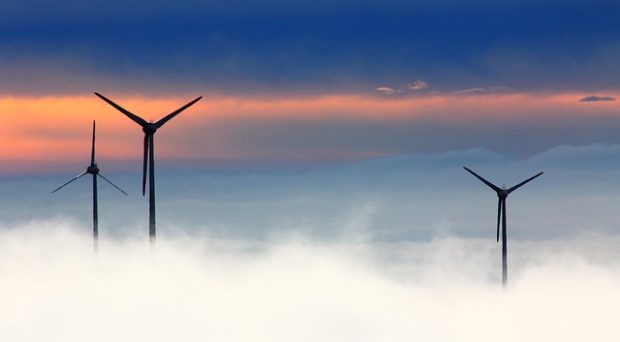
This blog has been cross-posted from the SpringerOpen blog.
While the theory and practice of transition management has been articulated and tested in Europe, little work in this vein has been undertaken in illiberal democracies, where state institutions may be captured by commercial interests, clientelism may operate and democratic rights may be constrained. My research combines insights from transition management and transdisciplinarity, offering a basis for developing local strategies by which informal institutions can nurture alternative energy policy visions and prescriptions, in order to exploit policy windows that periodically arise.
The action-research approach articulates the concept of Transdisciplinary Transition Management Arenas to underpin transformation strategies, which emphasises the role of academics or other knowledge brokers as policy entrepreneurs, helping to build knowledge and capabilities, create networks of social capital and establish alternative discourse coalitions.
The research proposes a rationale and design that draws on transdisciplinary research and transition management theories, problem statements, visions and strategies for a more decentralised energy system.
My particular applied interest here is the development of low carbon energy scenarios in Latin America, with examples of Transdisciplinary Transition Management Arena processes in Ecuador, Peru and other countries. The research proposes a rationale and design that draws on transdisciplinary research and transition management theories, problem statements, visions and strategies for a more decentralised energy system. They were generated by participants from government, NGOs, business and academia. The visioning processes were evaluated and an analytical framework was proposed, by which to guide energy transition policy analysis in similar contexts in the future.
Although compromised in illiberal democracies, sociotechnical transitions benefit from the voices of change agents through the building of new alternative discourses, stimulating policy entrepreneurship and crafting readiness for policy windows. The new alternative energy visions that were produced by participants in the processes emphasise distributed renewable and sustainable generation; decentralised decision-making at subnational level; participatory energy planning governance; and heterogeneous poly-technological solutions at small and medium scales.
Comments